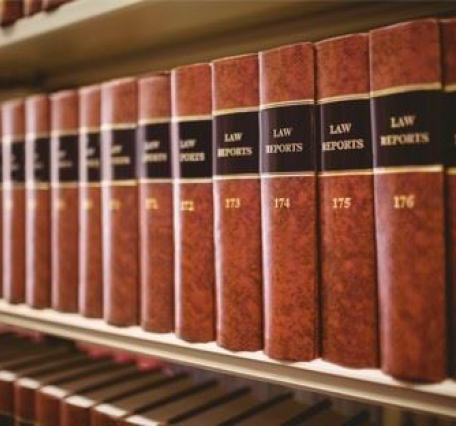

Toelating van bijkomende verzoeken in antwoord op laat ingediende opmerkingen van derden tijdens de oppositie
Background
The decision of the Opposition Division (OD) to revoke the European Patent 3004349 was appealed by the Appellant-proprietor (A). During opposition, the main request was found not to meet Art. 123(2) EPC. Auxiliary Request 1 (AR-1) was found not to meet the requirements for inventive step (Art. 56 EPC).
Although the preliminary opinion was positive on inventive step, during the oral proceedings the OD changed its mind and took over the argumentation that was presented in anonymous third-party observations that were filed after the preliminary opinion had been dispatched. When discussing inventive step during oral proceedings, the Respondent-opponent (R) referred to this argumentation as its sole inventive step attack towards AR-1. This was the first time in the proceedings that R made use of the substantive arguments of the third-party observations.
The OD thus decided that AR-1 was not inventive and in response A filed AR-2, which was found not to meet the requirements of Art. 123(2) EPC. A was thereafter not allowed to file further auxiliary requests to solve the problem of AR-2. The motivation of the OD for refusing further requests was that 'no solution of the problems would be recognizable and that no further requests would be allowed'.
Additional circumstances for this case were that the oral proceedings had been postponed twice and that also twice additional summonses had been dispatched. In both additional summonses, the third-party observations were mentioned but not discussed even though A had replied to the third-party observations in writing and had requested that they be disregarded.
The Appeal
A appealed the decision and one of the requests of A was to remit the case to the OD division and to reimburse the appeal fees due to a substantial procedural violation. In addition, A filed AR-1 as the new Main Request (MR) and several new auxiliary requests were introduced.
The Board found the new MR not inventive, over the same prior art as was used in the decision of the OD. The Board subsequently did not resolve to discussing the admittance of the new AR’s in the Appeal procedure but instead discussed the request for remittal and reimbursement.
The Board (in Reason 50) started with establishing the facts that that the OD had refused further AR’s in advance, so without having seen the amendments. In addition, no reasons for the refusal were given in the Decision under appeal.
Both facts mount up to a procedural violation according to the Board. For the first fact the Board reasons as follows:
At the same time, by refusing the filing of further auxiliary requests, the appellant's right to be heard under Article 113(1) EPC was violated. Without knowing the content of the requests, it was impossible for the opposition division to assess whether the amendments were appropriate, i.e. a fair attempt to overcome the objections, and whether the requests were prima facie allowable. Refusing any further amendment may be an appropriate approach only if it has become evident, after various unsuccessful amendment attempts, that the patent proprietor is not seriously trying to overcome the objections but is only delaying the proceedings (see decision T 1758/15, Reasons 1.1.5). In the case in hand, however, the discretionary decision not to admit any further auxiliary requests was taken without the opposition division having identified any signs of procedural abuse.”
For the second fact the Board points to that the lack of proper reasoning in the decision infringes the right to be heard (Rule 111(2) EPC in conjunction with Art. 113(1) EPC). Moreover, the Board also found that the OD should have taken several circumstances into account relating to the third-party observations and to the change of opinion of the OD.
The Board pointed out that although Art. 114(2) EPC is not concerned with third party observations, it is accustomed to treat third-party observations that are filed after the opposition period as “late” (CLBA section III.N.4.4.1). A decision on admittance based on the prima facie relevance of a late filed third-party observation must therefore first be taken.
Related to the admittance of the third-party observations, the Board pointed to factors that contributed to the surprise of A during the oral proceedings:
- In its further summons the OD did not comment on the relevance or on the admittance of the third-party observations. Instead, the preliminary positive assessment of inventive step was maintained in the further summons whilst only mentioning the third-party observations.
- R did not rely on the third-party observations in the written proceedings.
According to the Board these constituted further reasons that entitled A to react to the changed circumstances by filing new auxiliary requests during the oral proceedings.
The Board therefore decided that a substantial procedural violation took place and pointed in reason 60 to that: “due to the fundamental deficiencies in the first-instance proceedings described above, there are special reasons within the meaning of Article 11 RPBA in conjunction with Article 111(1), second sentence, EPC for remitting the case to the opposition division for further prosecution.” Moreover “the board held it equitable to order the reimbursement of the appeal fee in accordance with Rule 103(1)(a) EPC”.
Decision of the Board
The decision under appeal was set aside and the case was remitted to the opposition division for further proceedings. The appeal fee was reimbursed.





